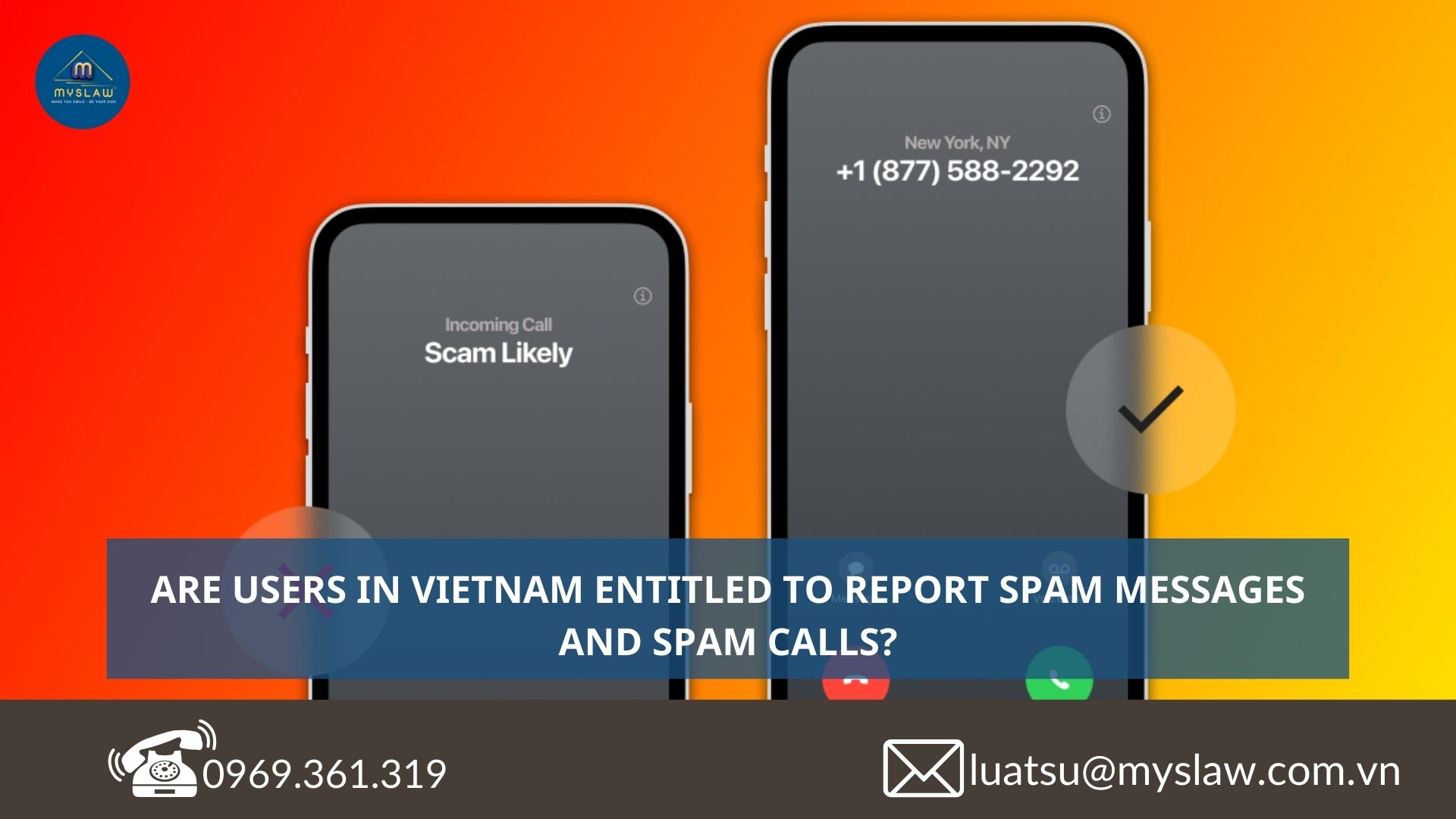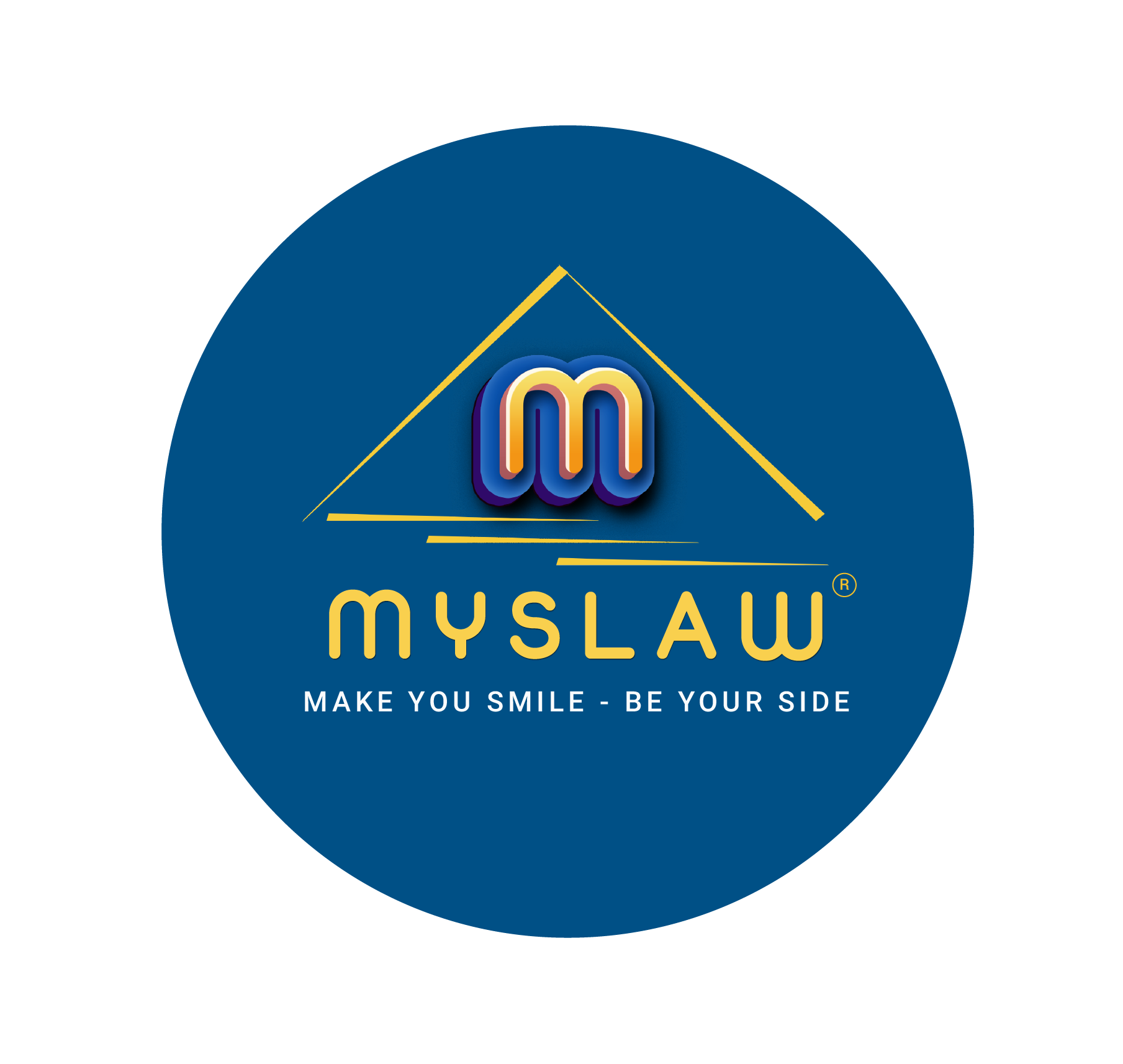
In Vietnam, users have specific rights regarding spam messages and calls. According to Article 12 of Decree 91/2020/ND-CP, which addresses users’ rights and obligations, users are entitled to:
- Report spam messages, emails, and calls by forwarding this information to the anti-spam feedback system managed by the Authority of Information Security (AIS) or by telecommunications, Internet, and email providers.
- Choose whether they wish to receive or reject advertising communications.
- Cooperate with telecommunications, Internet, email service providers, advertisers, and relevant authorities to combat spam.
Additionally, Clauses 1 and 3, Article 7 of Decree 91/2020/ND-CP detail the creation of a Do-Not-Call Register, which allows users to avoid unsolicited communications. Users can:
- Register or remove their phone numbers from this list, which signals their preference not to receive advertising messages or calls.
- Be assured that advertisers, telecommunications, and Internet service providers cannot send advertisements to numbers listed on the Do-Not-Call Register.
In summary, Vietnamese users have the right to decide whether to receive or refuse advertisements. They may also report spam content to AIS or their service providers, and they can register their numbers on the Do-Not-Call Register, which legally bars unsolicited calls or messages from advertisers.
Instructions for Reporting Spam Messages and Spam Calls to AIS
According to Article 5 of Circular 22/2021/TT-BTTTT, users can report spam messages and calls by following these guidelines:
1. Reporting Spam Messages:
By SMS: Send a message to 5656 using the syntax: S [Sending source] [Spam content] or S (Sending source) (Spam content);
Online or via Application: Report through the AIS website at thongbaorac.ais.gov.vn or by contacting the hotline or using a designated mobile application.
2. Reporting Spam Calls:
By SMS: Send a message to 5656 with the syntax: V [Calling source] [Spam content] or V (Calling source) (Spam content).
Online or via Application: Submit reports following the same online procedures as for spam messages.
Rules for Sending Advertising Messages, Emails, and Calls in Vietnam
Article 13 of Decree 91/2020/ND-CP stipulates regulations for advertising communications:
- Respect for Do-Not-Call Register: Advertising communications must not be sent to numbers on the Do-Not-Call Register or to those who have not provided prior consent.
- First and Only Opt-in Message: Advertisers may send a one-time opt-in message to numbers not listed on the Do-Not-Call Register, following specific regulations set by the Ministry of Information and Communications.
- Response to Refusals: If a user rejects or does not respond to the opt-in message, the advertiser cannot send any further messages or calls.
- Adherence to Unsubscribe Requests: Advertisers must stop all advertisements upon a user’s unsubscribe request.
- Frequency Limits: Each advertiser may send a maximum of three advertising messages and emails per phone number or email address, and make only one call within 24 hours, unless agreed otherwise by the user.
- Time Restrictions: Advertising messages are only permitted between 07:00 and 22:00, and calls between 08:00 and 17:00, unless otherwise agreed by the user.
- Content Compliance: Advertising content must conform to advertising laws in Vietnam.
- Brand Name Requirement: Only registered brand names may be used to send advertising messages or make calls; random phone numbers are not permitted for advertising purposes.
In summary, Vietnam has established clear rights for users to manage and report unwanted advertising communications and has outlined specific rules for advertisers to follow.
The above information is provided by Mys Law. For any questions regarding the content of this article, please contact 0969.361.319 or email: [email protected] for further clarification. Best regards!
Compiler: Nguyen Anh Quan





